To help Aboriginal and Torres Strait Islander corporations understand what Data Sovereignty means and why it matters...
Copyright notice
The Indigenous Governance Toolkit has been created over many years, collaboratively with many individuals and organisations. This includes Aboriginal and Torres Strait Islander organisations, communities and nations, as well as research institutions and not-for-profit organisations such as the Australian National University, Reconciliation Australia and AIGI.
AIGI acknowledges that there is Indigenous Cultural and Intellectual Property (ICIP) on the AIGI website and in the Indigenous Governance Toolkit.
ICIP means the rights of Indigenous peoples (including Aboriginal and Torres Strait Islander peoples) to access, control and maintain their cultural heritage, traditional knowledge and traditional cultural expressions. This includes all objects, sites and knowledge, the nature of the use which has been transmitted or continues to be transmitted from generation to generation, and which is regarded as pertaining to a particular Indigenous group or its territory, including but not limited to all aspects of knowledge, cultural property and artefacts, immovable cultural property such as sites and burial grounds, visual and performing arts and the documentation of Indigenous peoples’ heritage, whether created in the past, now or in the future.
AIGI adopts the Australian Council for the Arts ‘Protocols for using First Nations Cultural and Intellectual Property in the Arts’ as the best practice guide for upholding ICIP rights.1Australian Council for the Arts, Protocols for using First Nations Cultural and Intellectual Property in the Arts (Pyrmont NSW, 2019), [link] That protocol provides that: “Indigenous peoples have the right to:
- own and control ICIP;
- ensure that any means of protecting ICIP is based on the principle of self-determination;
- be recognised as the primary guardians and interpreters of their cultures;
- authorise or refuse to authorise the commercial use of ICIP, according to Indigenous customary law;
- maintain the secrecy of Indigenous knowledge and other cultural practices;
- full and proper attribution;
- control the recording of cultural customs and expressions, the particular language which may be intrinsic to cultural identity, knowledge, skill and teaching of culture.”2Australian Council for the Arts, Protocols for using First Nations Cultural and Intellectual Property in the Arts, (Pyrmont NSW, 2019), 7, [link]
To the extent that this Toolkit contains ICIP, wherever possible cultural permission has been sought in relation to the incorporation of this ICIP in the Toolkit. You must not use the ICIP without yourself seeking cultural permission to use the ICIP.
AIGI also acknowledges the moral rights that may subsist in materials published on the Indigenous Governance Toolkit, and efforts have been made to attribute authors of specific works referenced in the Toolkit wherever possible.
AIGI does not hold copyright over any ICIP of any persons, organisations, communities or First Nations external to AIGI.
Excluding the ICIP and moral rights as referred to above, AIGI holds copyright over all information publicised on the AIGI website and in the Indigenous Governance Toolkit. The Indigenous Governance Toolkit is accessible under the Creative Commons license CC BY-NC-ND. This means users may copy and distribute the material in any medium or format, provided that:
(a) the material is in unadapted form only;
(b) the copying or distribution is for non-commercial purposes only; and
(c) credit is given to the creator of the work.
In this context, ‘non-commercial’ means, “not primarily intended for or directed towards commercial advantage or monetary compensation”.
Please contact us at aigi@aigi.com.au should you wish to gain express permission to use any of our materials. We appreciate receiving notice when our materials are referenced or reproduced.
Disclaimer and website contents
Information provided on this website is designed and intended to provide general information on governance topics and is not professional advice. All information provided is for general informational purposes only.
AIGI has taken great care to ensure the information on the AIGI website is as correct and accurate as possible. We note that information included about third-party organisations, communities and nations are stories captured at a moment in time and do not necessarily reflect those third party’s current governance arrangements. Indeed, some of these organisations may no longer exist. AIGI does not guarantee the accuracy of any information published on this website, and accepts no legal liability whatsoever arising from, or connected to, the use of any material contained on this website or on any linked site.
The material included on the AIGI website and in the Indigenous Governance Toolkit is produced by AIGI, and does not necessarily reflect the official policy or position of any other agency, organisation, employer, or company. AIGI does not endorse any external links and will not be held responsible for interactions between the third parties and AIGI website visitors.
AIGI accepts no liability for any interference with or damage to a user’s computer system, software or data occurring in connection with or relating to this website or its use. Users are encouraged to take appropriate and adequate precautions to ensure that whatever is selected from this site is free of viruses or other contamination that may interfere with or damage the user’s computer system, software or data.
Accessibility and feedback
We are committed to providing information and services to the widest possible audience.
We’re always looking to improve our website and the information provided.
If you have any feedback on the information provided on this website, or if there’s information you need that is not currently provided here, contact us.
How to reference the Toolkit
We recommend the Indigenous Governance Toolkit be referenced in other documents and forums in the following way:
AIGI (Australian Indigenous Governance Institute) Indigenous Governance Toolkit, AIGI website, 2023.
If citing another author’s work contained within the Indigenous Governance Toolkit, reference the original author.
AIGI uses the documentary-note reference system recommended in the Australian Government Style Manual.
It’s also important that you cite the Aboriginal and Torres Strait Islander owners of visual property — such as paintings and photos — who have kindly agreed to have their works included in the Toolkit.
Complaints & Whistleblower Policy
Click the link to access our Complaints Policy. If you would like to view our Whistleblower policy you can do so on request by contacting us at aigi@aigi.org.au.
Stay connected
Subscribe to AIGI news and updates.

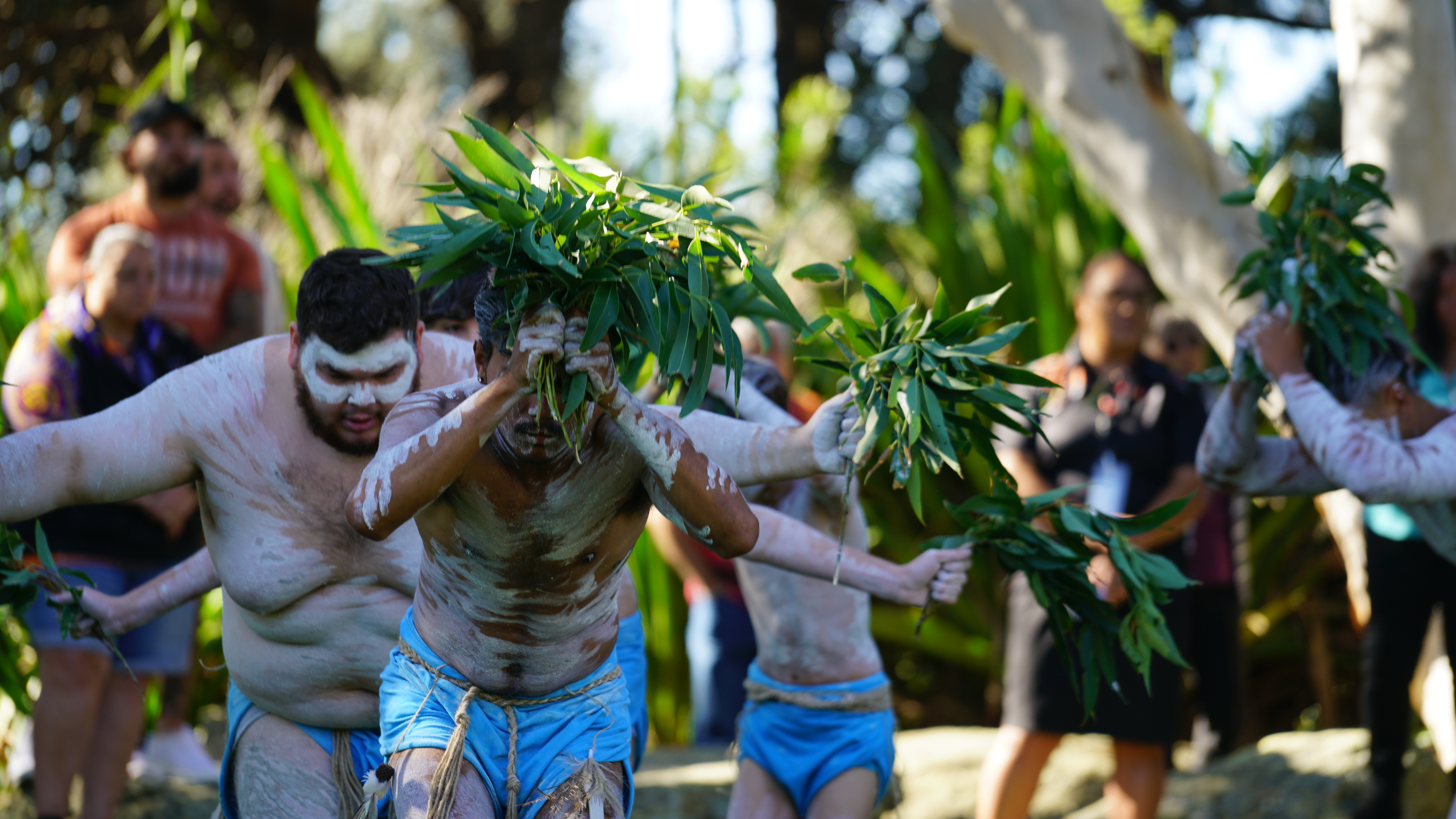
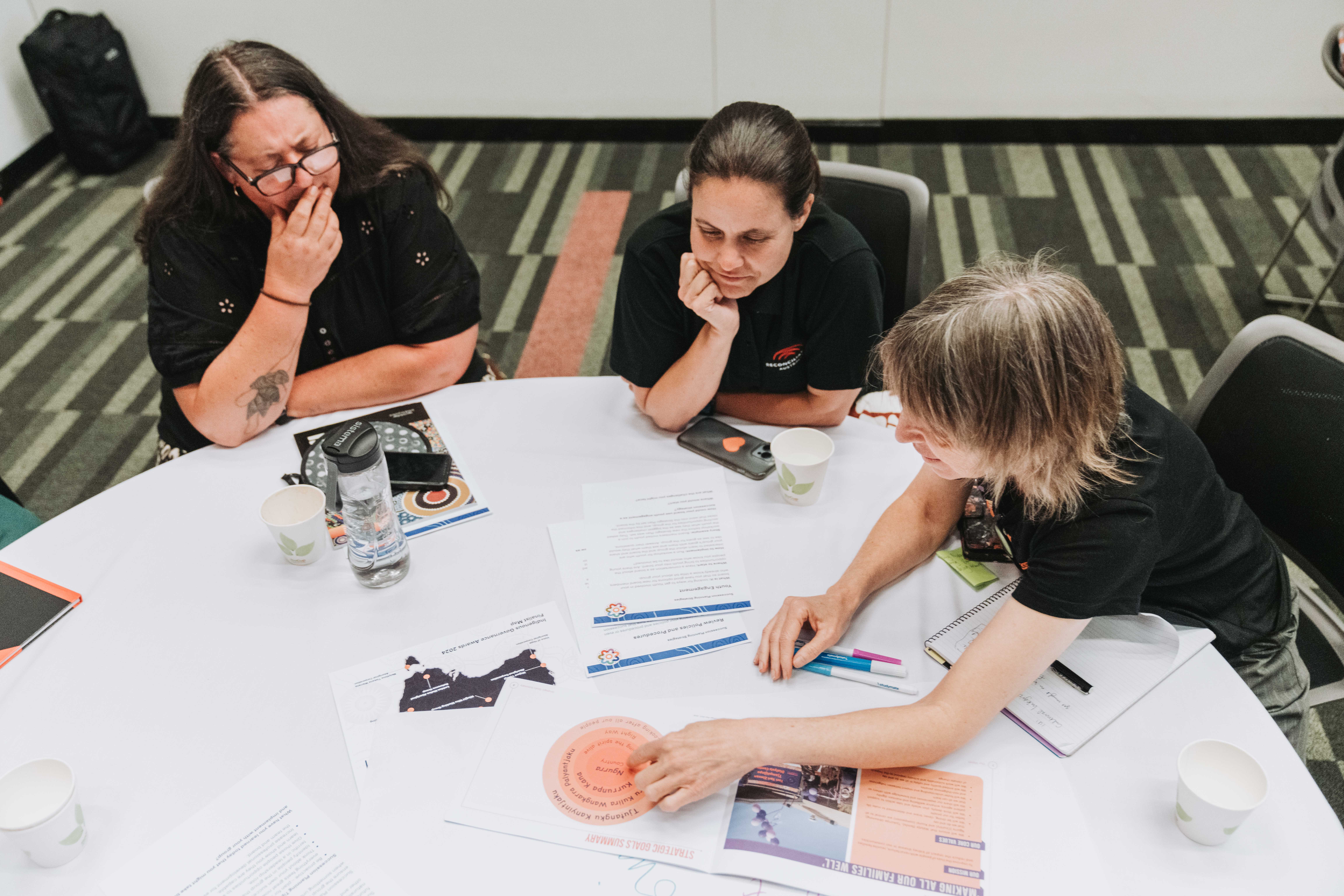



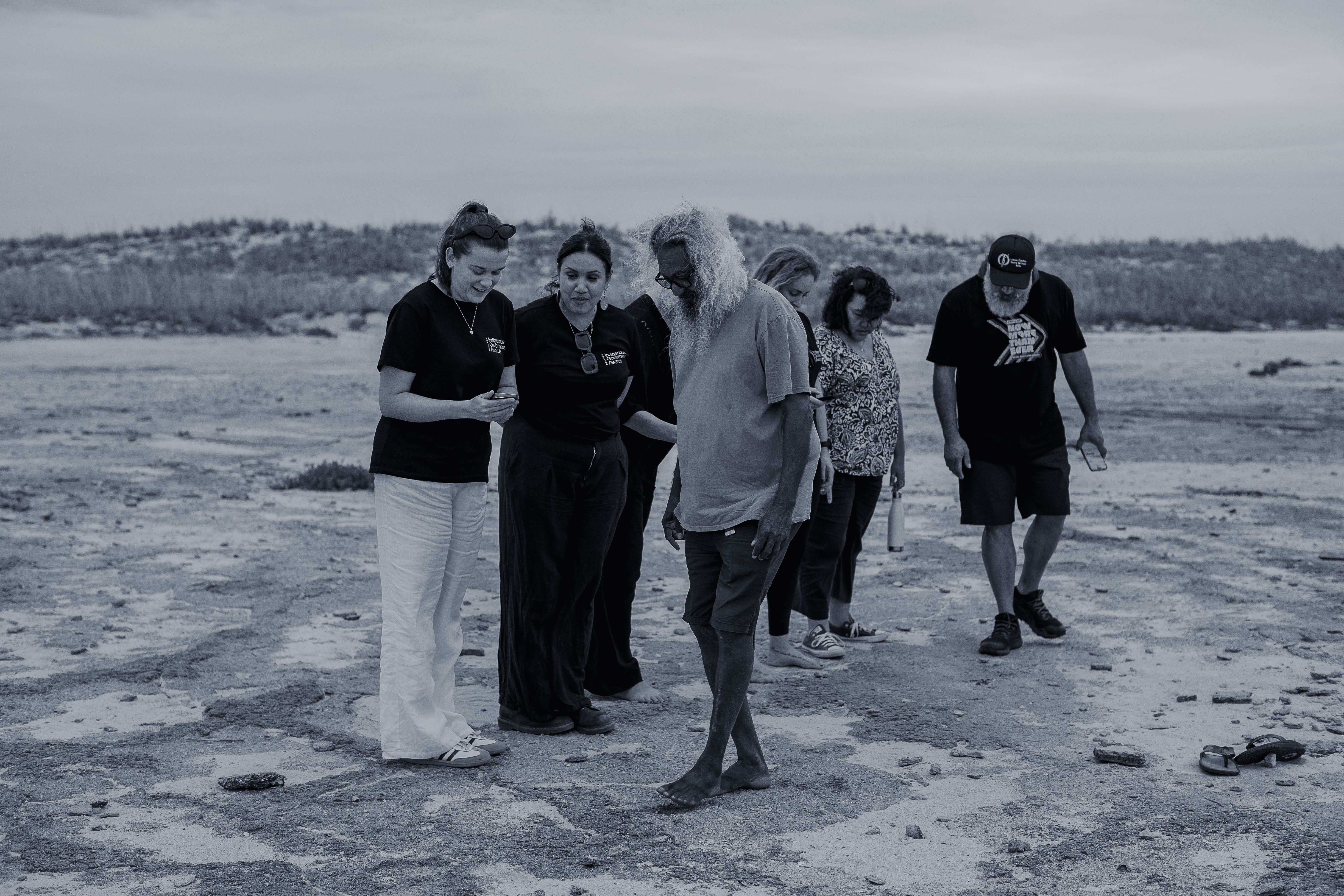


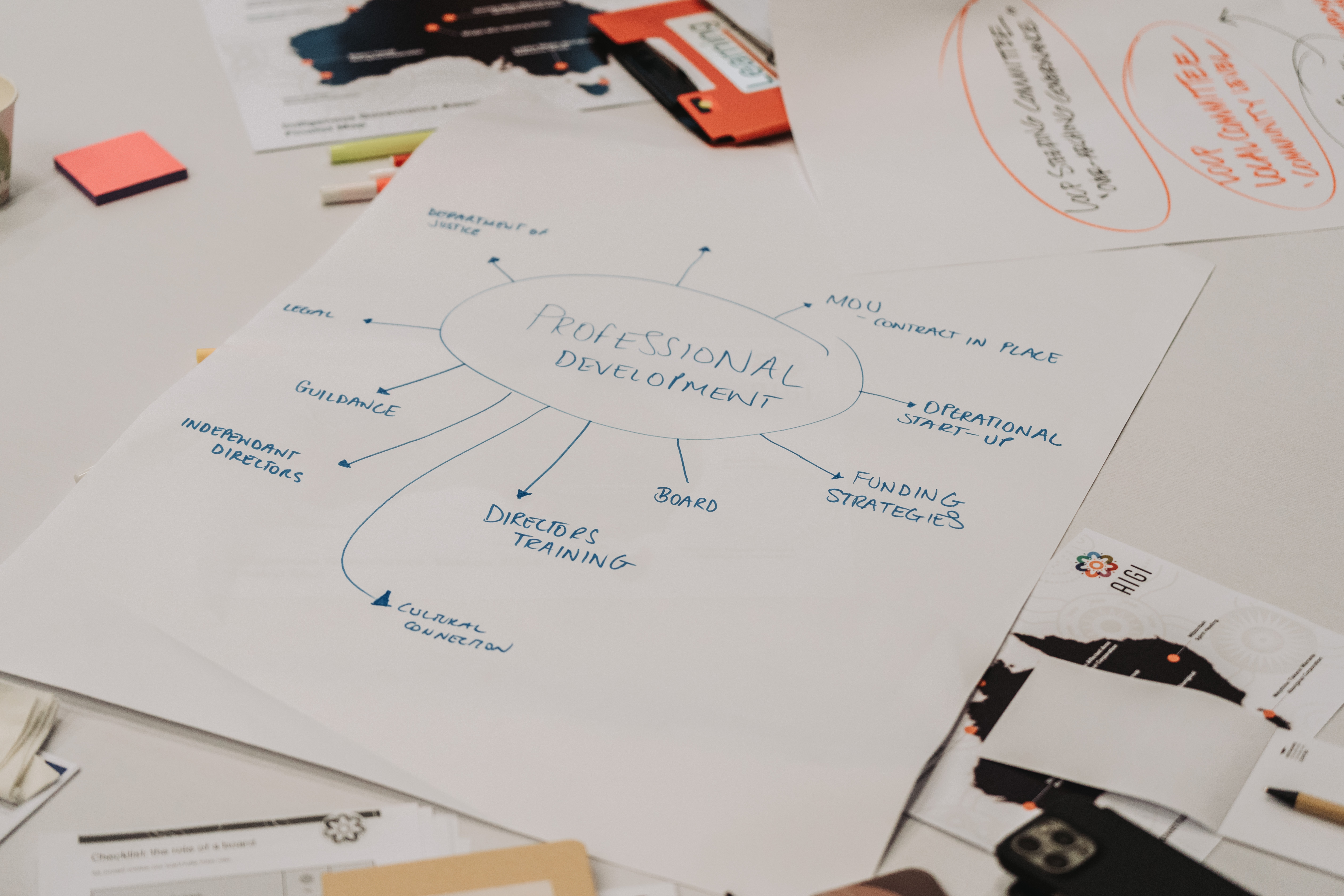
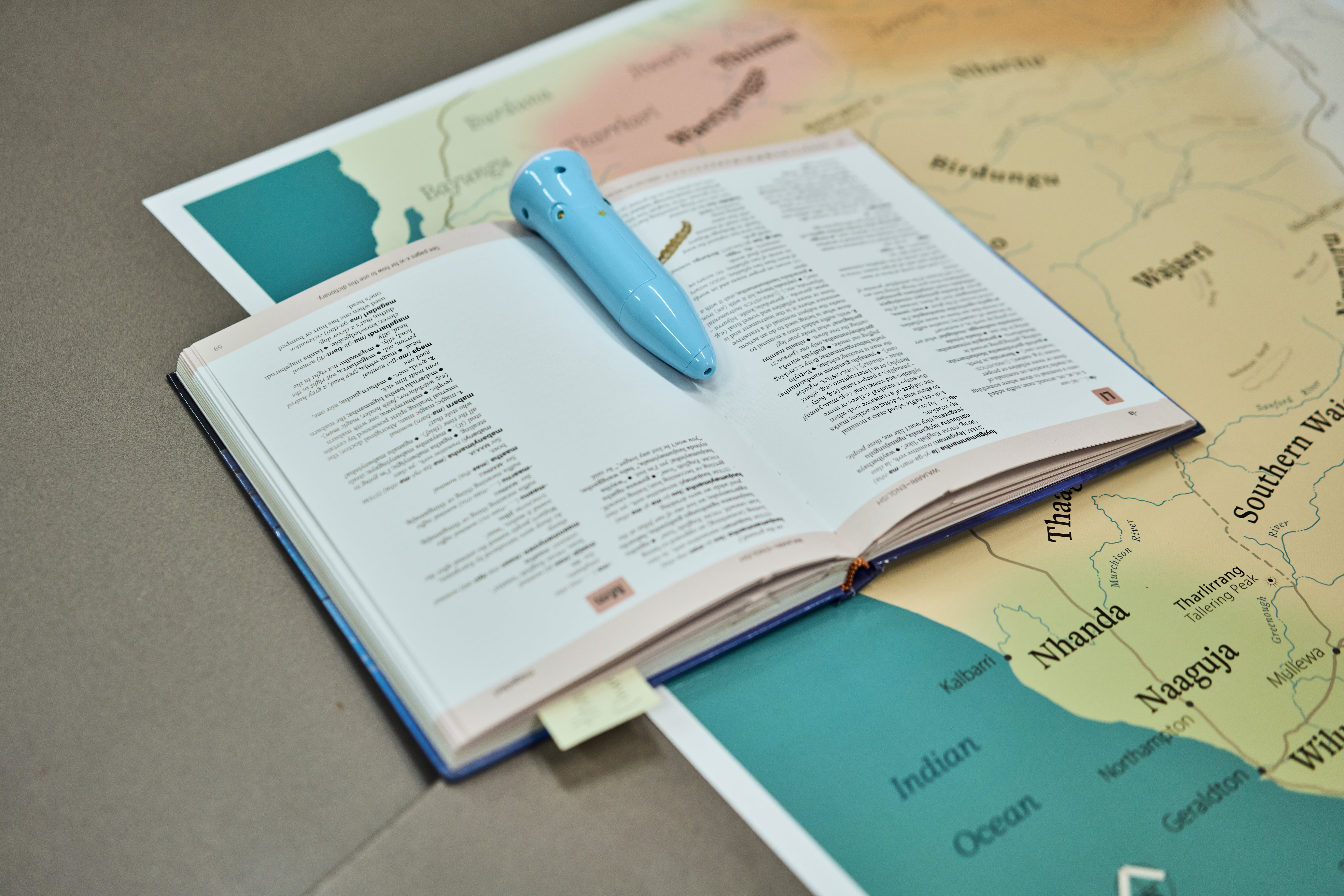

.png)

